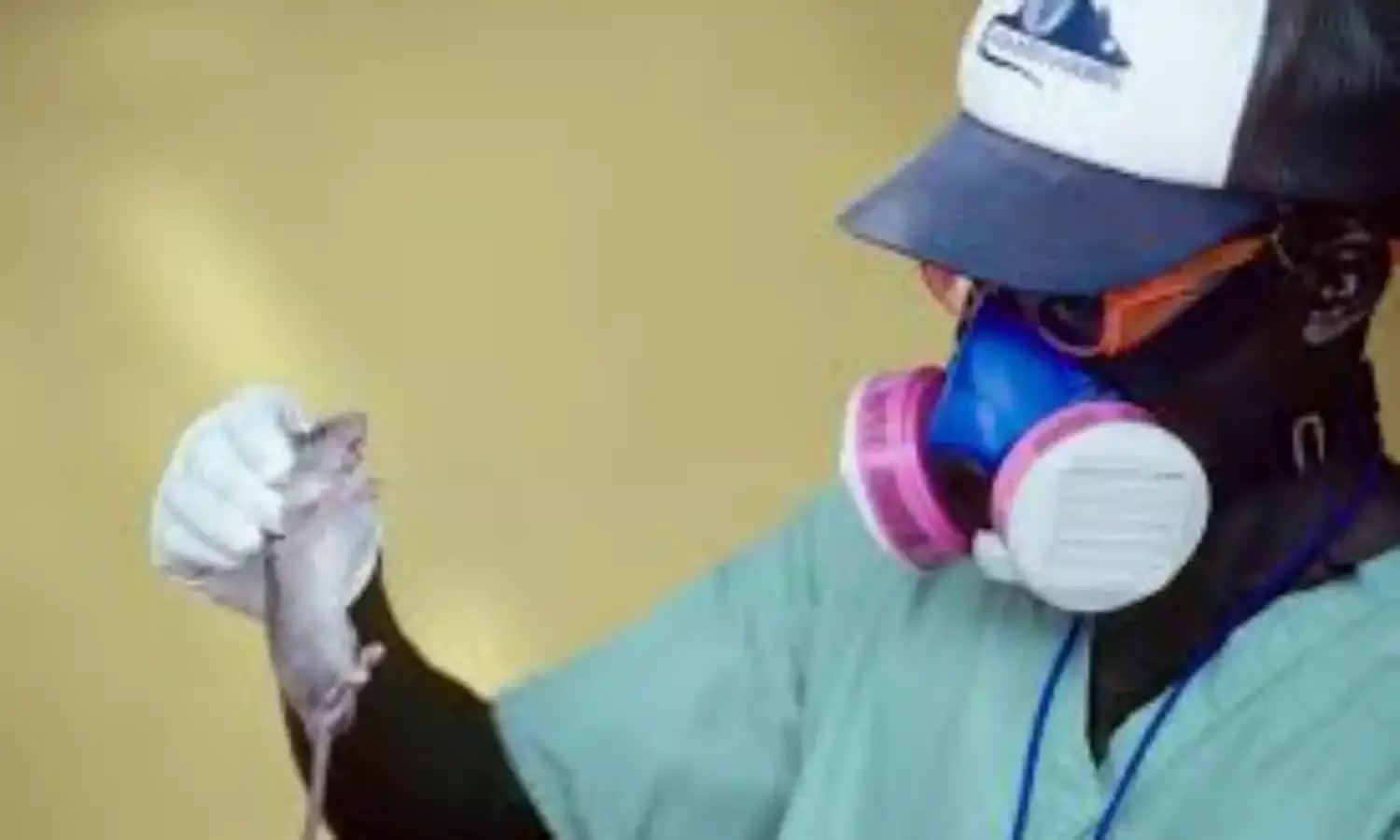Suspected Lassa Fever Outbreak: KDSG orders prompt investigation
The Kaduna State Ministry of Health and management of the hospital are working assiduously to contain the situation; those who came into contact with those infected were identified, closely monitored, and provided urgent medical treatment.;

The attention of the Kaduna State Government has been drawn to a suspected outbreak of viral hemorrhagic fever, popularly known as “Lassa fever,” at the 44 Nigerian Army Reference Hospital in Kaduna.
This is contained in a statement by Muhammad Shehu, Chief Press Secretary to the Kaduna State Governor, on Thursday.
According to him, Gov. Uba Sani has directed the Kaduna State Ministry of Health to immediately investigate and ascertain the situation at the health facility.
He said, “Consequently, a surveillance team was promptly mobilised to assess the situation, and containment measures were initiated alongside hospital management.
“Currently, four deaths have been recorded within the hospital premises, while three other patients with similar symptoms are being managed.
“The Kaduna State Ministry of Health and management of the hospital are working assiduously to contain the situation; those who came into contact with those infected were identified, closely monitored, and provided urgent medical treatment.
“Samples have been carefully collected from contacts and sent for confirmation to the Nigeria Centre for Disease Control laboratory and are closely being followed up.
“Additionally, all infection prevention and control (IPC) measures have been instituted at the facility while it remains closed to the public until full containment has been achieved.”
With symptoms such as fever, general body weakness, and, after a few days, headache, sore throat, muscle pain, chest pain, nausea, vomiting, diarrhoea, cough, and abdominal pain, the public has been urged to maintain proper food and environmental hygiene, be vigilant, and report suspected cases to the nearest health facility.
The Kaduna State Ministry of Health has further been directed to enhance surveillance in collaboration with local government health departments.

